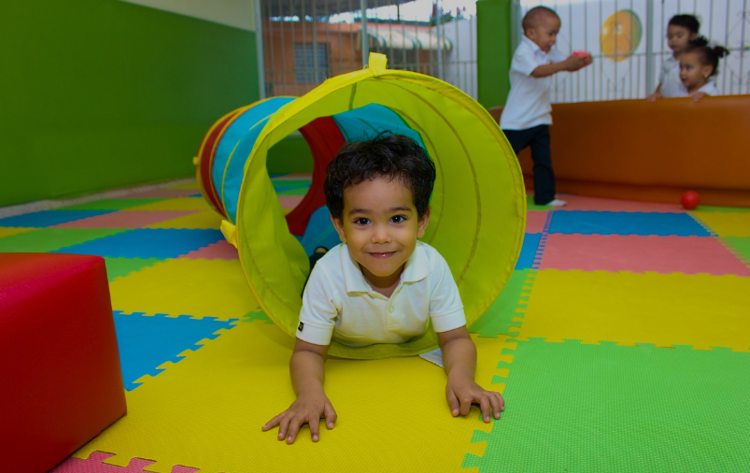What to Expect at Your Child’s Kindergarten Screening: A Parent’s Guide
The transition to kindergarten is a big milestone, not just for your child but for you as well. One of the first steps in this journey is the kindergarten screening. This process helps teachers and school staff understand your child’s readiness for school and identify any areas where they might need extra support. If you’re unsure about what to expect, this guide will walk you through the process so you can approach it with confidence.
What Is a Kindergarten Screening?
A kindergarten screening is an assessment conducted by the school before your child officially starts kindergarten. The goal is to evaluate your child’s development in various areas, such as:
- Language skills: Understanding and using language.
- Motor skills: Both fine motor skills (like holding a pencil) and gross motor skills (like jumping or running).
- Cognitive skills: Problem-solving, counting, recognizing shapes and colors.
- Social-emotional skills: Interacting with peers, following directions, and managing emotions.
These assessments are not about passing or failing. Instead, they provide a snapshot of your child’s current abilities, which helps educators plan how to best support them in the classroom.
Preparing Your Child for the Screening
While you don’t need to do anything specific to “prepare” for the screening, talking to your child about what to expect can ease any anxiety they might feel:
- Explain the process: Let your child know that they’ll be meeting with teachers who will ask them to do some fun activities, like drawing or playing games.
- Keep it positive: Emphasize that this is just a way for the teachers to get to know them better and that there are no right or wrong answers.
- Practice separation: If your child isn’t used to being away from you, practice short separations to help them feel more comfortable.
What Happens During the Screening?
On the day of the screening, your child will typically spend time with a teacher or a team of educators. The process usually includes the following steps:
- Introduction: The teacher will introduce themselves and make your child feel comfortable. They might start with some simple questions to break the ice.
- Language and literacy assessment: Your child may be asked to identify letters, sounds, or words. They might also be asked to follow simple instructions or engage in a conversation.
- Motor skills assessment: The teacher may ask your child to perform tasks like drawing a picture, cutting with scissors, or hopping on one foot.
- Cognitive assessment: Your child could be asked to complete puzzles, count objects, or sort items by color or shape.
- Social-emotional assessment: The teacher might observe how your child interacts with others, how they handle instructions, and how they express their feelings.
These activities are designed to be engaging and age-appropriate, so your child might even find them enjoyable!
What to Expect After the Screening
After the screening, the school will typically share the results with you. Here’s what you can expect:
- Discussion of results: The school may schedule a meeting to discuss your child’s strengths and any areas where they might need additional support. This is an opportunity to ask questions and share any concerns you may have.
- Recommendations: Based on the screening, the school might suggest certain activities you can do at home to help your child prepare for kindergarten. They may also recommend additional assessments or resources if needed.
- Next steps: If the screening identifies any areas of concern, the school may suggest further evaluations or provide resources to address those needs. This could include speech therapy, occupational therapy, or other support services.
Tips for Parents
- Stay calm and positive: Remember, the screening is just one tool to help understand your child’s needs. It’s not a judgment of your parenting or your child’s abilities.
- Be open to feedback: The screening might reveal areas where your child could use extra help. Approach this feedback as an opportunity to support your child’s growth.
- Ask questions: Don’t hesitate to ask the teachers or school staff about the screening process or the results. Understanding what’s happening will help you support your child more effectively.
Final Thoughts
Kindergarten screening is a valuable step in ensuring your child is ready to embark on their school journey. By knowing what to expect and staying involved in the process, you can help make this transition smooth and positive for your child. Remember, the goal is to set your child up for success as they begin this exciting new chapter!

